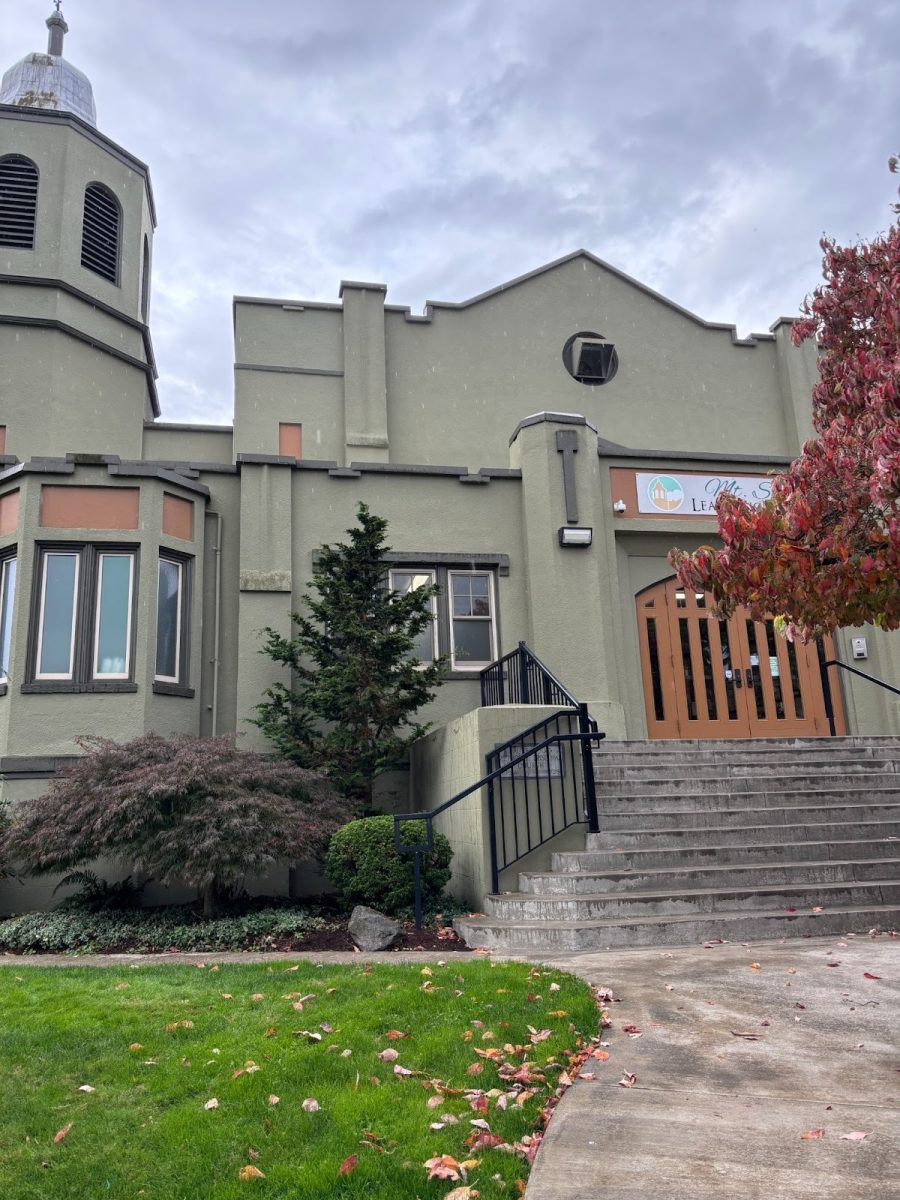What if we could live in a society that made mental health a priority? Where everyone could feel mentally supported and people were able to address their trauma and work through it rather than try to survive it alone. With untreated mental illnesses, suicide and depression rates in the United States have skyrocketed and it’s clear that something needs to be changed. Imagine what it would be like for everyone, no matter their financial status, to receive the therapy that they deserve.
The demand for free therapy is no longer a want, it is a dire need. Mental Health America (MHA) found that in 2022, the number of adults who reported having serious thoughts of suicide increased from last year’s numbers by 664,000 people. Over 60% of youth with depression do not receive any treatment. That’s more than half of teens with depression not receving treatment, and depression can turn into serious thoughts of suicide. Over half of the adults who live with mental illnesses do not receive treatment, adding up to over 27 million adults in the United States. 11.1% of adults with mental illnesses in the U.S. are uninsured and 8.1% of youth with insurance do not have mental health services covered, adding up to 950,000 youth. Many insurance plans do not include mental health services, leaving you on your own to find money to pay for therapy. Now more than ever, therapy should be considered a basic necessity of life.
In 2018, the American Psychological Association (APA) conducted a study surrounding why people aren’t getting the mental health care that they need. The biggest reason, accumulating to 39%, was that they were unable to afford the cost, and 16% said that their health insurance doesn’t cover mental health services.
The biggest reason why people aren’t in therapy is because they are financially unable to afford it. In 2021, the Center on Budget and Policy Priorities (CBPP) ran a study about COVID-19’s effect on the economy. They found that 1 in 5 renters with children were not caught up on rent, 1 in 3 children faced food or housing hardships, and 1 in 4 adults had trouble paying for usual household expenses. With so many people struggling to pay for housing and food, mental health services like therapy are not even an option. An anonymous Franklin High School student who receives therapy says that “the main problem is that so many people want [therapy] but they cannot afford it”.
“A lot of people don’t know what kind of traumas [everyone is] walking around with…we all have them and just want to normalize it,” explains Veronica Bañuelos, a principal consultant at Veronica Bañuelos Consulting. “Covid has been a collective trauma—societal, worldwide trauma—and we’re still trying to survive.” Yet so many people are unable to afford a way for them to heal.
Many people believe that school counselors should take the position of a therapist for students, but in Bañuelos’ and many students’ experiences, “while the intention was to think about each student and support them … just because of sheer numbers they don’t have the capacity to do that.” She believes that many students have felt disappointed because school counselors have been unable to fill their expected position. “Their position has been reduced to looking at their files, dropping classes, adding classes, making phone calls,” says Bañuelos.
If therapy services are free, so many more people will be able to go to therapy even though “there’s a lack of therapists right now, particularly for teenagers,” according to Bañuelos. In October 2021, the APA found that “41% [of therapists] reported being unable to meet the demand for treatment (up from 30% last year).” These numbers don’t include the amount of people who want therapy but can’t receive it because of the sheer cost of having a therapist. This could end up stretching therapists even thinner, but getting a therapist can be very essential for people so that they can move from surviving life alone to feeling more supported.
Bañuelos said many people ask “who’s gonna pay for … [therapy to be free], if it’s gonna come out of my taxes why do I have to pay for other people’s trauma?” It’s important to remember that we already pay for life-saving services, such as the fire department, and this is a mental health service that could save somebody’s life.
“We are paying therapists to keep our secrets and not judge us, but how cool would it be if we could live in a society where we could just do that with one another?” asks Bañuelos. Therapy needs to be free because money should never be a barrier for people trying to take care of their mental health. The anonymous Franklin student sums it up best saying, “it’s a lot easier said than done but don’t be afraid to ask for help because there’s a lot of people out there who want to help you,” and green pieces of paper should not prevent anyone from getting support.


































